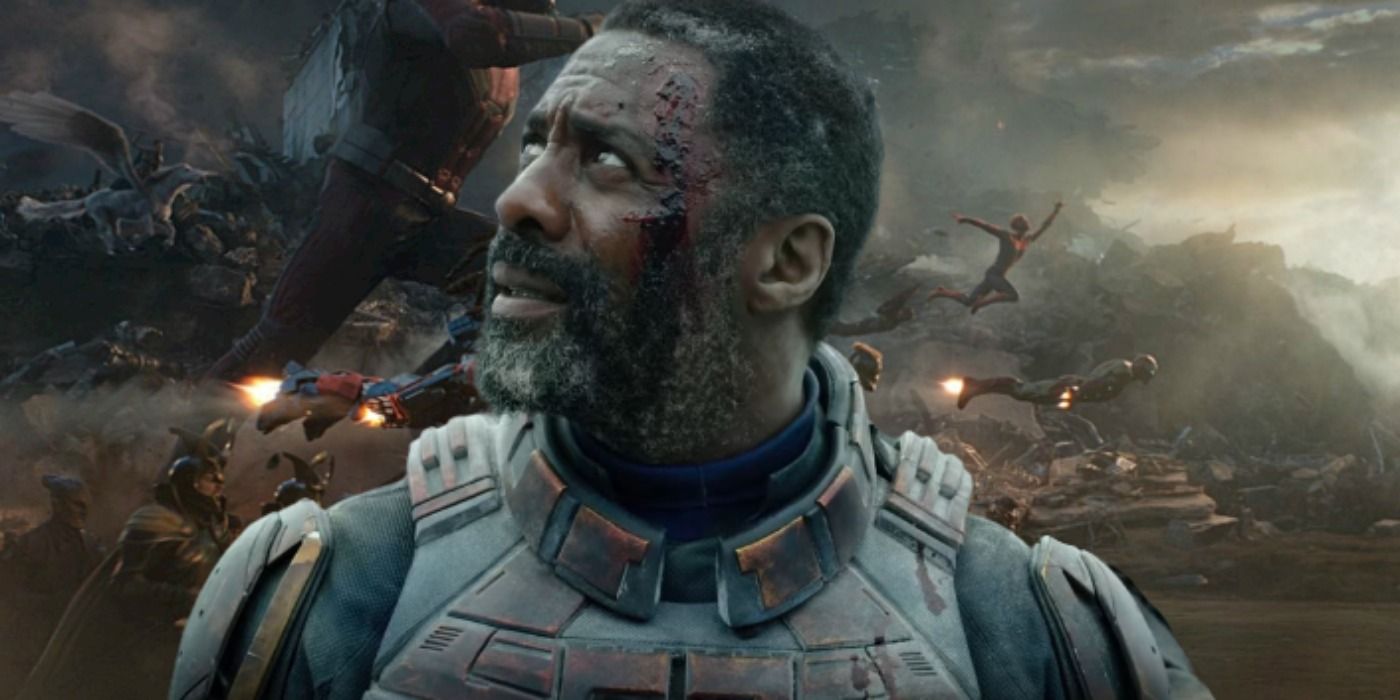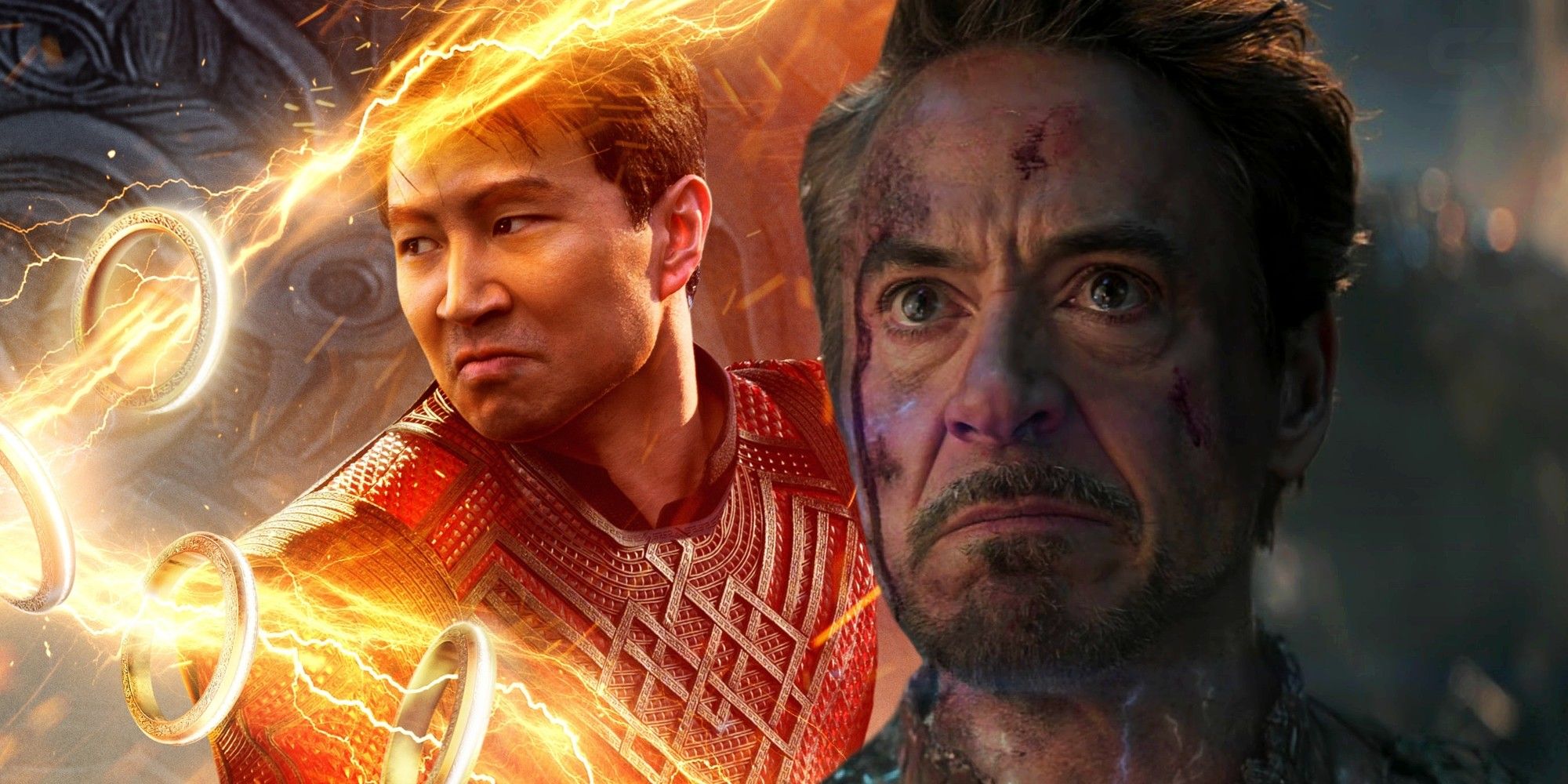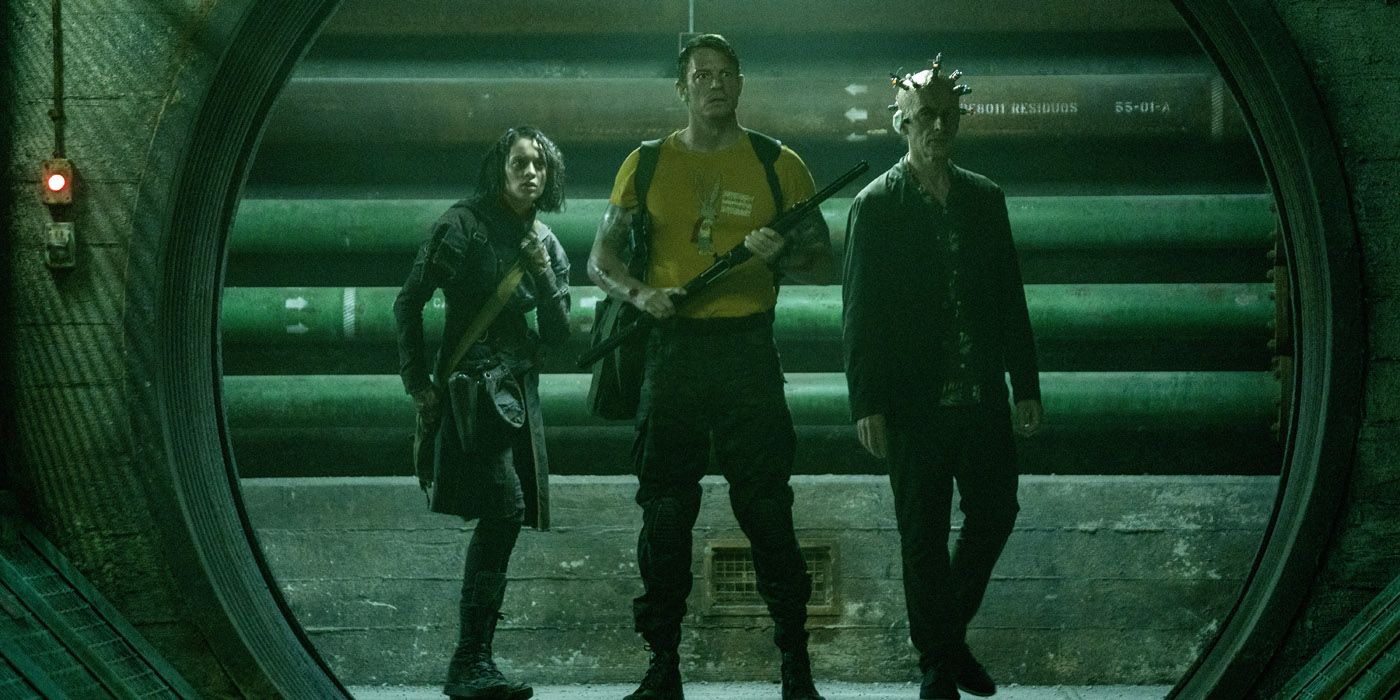
After a critically successful release, The Suicide Squad has shown how the DCEU is beginning to avoid some of the problems and limitations of the Marvel Cinematic Universe. When Marvel Studios launched the MCU in 2008, it was originally seen as something of a gamble; nobody had ever attempted to build a shared universe anything like it before. Over a decade later, of course, it's clear the studio had hit upon something unique and tremendously successful.
The Marvel Cinematic Universe has become a Hollywood sensation. Over a cycle of nearly 15 years and 25 movies, the studio spawned an intricate and interconnected saga that other studios can only attempt (and usually fail) to mimic. Warner Bros.'s own efforts to kickstart a separate, similarly lucrative franchise is the perfect case in point. Seeing the success of their chief competitor, the studio chose to build a shared universe of its own on the foundation of Zack Snyder's Man of Steel. Unfortunately, although the first wave of DCEU movies were financially successful, they were far from critical hits. The studio kept trying to pivot, interfering in the production, leaving a confused overarching narrative that culminated in Joss Whedon's Justice League – and the rest is history.
However, despite initial failure, the DCEU is showing signs that it can build upon the preexisting Marvel blueprint. In fact, some recent DC movies are highlighting several of the flaws with the shared universe model that are causing problems in the still-expanding MCU – for instance, with Marvel's confusing and contradictory timeline. Not only are films such as The Suicide Squad demonstrating issues with Marvel's approach, but they're also showcasing how the DCEU in its current incarnation can actively avoid them.

Some core problems are becoming visible in Marvel's shared universe. The first is continuity, which – while not noticed by casual viewers – is baked into the franchise, because every MCU movie has some sort of relationship with every other film. Take the example of Marvel's latest blockbuster, the superb Shang-Chi & the Legend of the Ten Rings, which unwittingly proves the MCU timeline is completely broken. The core problem is that dialogue in the opening scenes suggests the titular hero was born in 1996, and references to character ages throughout the film suggest it is set in 2021, matching up with its claim to be in the "present day." Unfortunately, it's also set after Avengers: Endgame, which featured a five-year time jump to 2023, meaning it can only take place sometime later. Marvel seem to have completely forgotten that five-year time jump, an amusing slip-up that points to how difficult it is to keep all the plates spinning at once.
Upcoming release Eternals - which introduces a race of ancient aliens who have lived on Earth for thousands of years – faces a similar issue. All the way through marketing, fans kept asking one question above all others; why didn't the Eternals help against Thanos? The Mad Titan's actions – his erasing of half the living creatures in the universe – were so massive in scale that, from this point on, every newly-introduced hero must have some relationship to this cosmic story. There's simply no way of resetting, because the events were too important. The final Eternals trailer answered the question at last, and it's notable viewers seemed much more enthused about the movie when they understood its relationship to the wider MCU. As tremendous a filmmaker as Chloe Zhao may be, her film will succeed in large part because of its relationship with the MCU, not because of its own merits, which is frankly a shame.
Looking to the big picture, contrary to popular belief, Marvel has long struggled when it comes to managing its overarching narrative. Back in 2014, Marvel Studios announced their full Phase 4 slate – and Marvel's president Kevin Feige suggested that backfired. The problem, in Feige's view, was that people stopped appreciating each movie on its own, but instead focused on it as nothing more than a step on the journey to Avengers: Infinity War. A similar problem is happening right now with Phase 4, because everybody is interested in the implications of Loki and Marvel's What If...? for Doctor Strange in the Multiverse of Madness. The Falcon & the Winter Soldier only avoided a similar fate because Marvel held back on announcing Captain America 4 until that show had ended.

Meanwhile, ironically, DC Films is moving in a completely different direction – and avoiding the issues now plaguing the MCU. The Suicide Squad was as much a reboot as it was a sequel; although it featured a number of established characters from the first Suicide Squad, viewers didn't need to have watched that in order to understand any of the concepts and none of the characters had an essential narrative throughline running between the two movies. It might as well have been a standalone, which was what made it work, because writer and director James Gunn was given complete freedom to do his own thing. He didn't need to worry about establishing The Suicide Squad's relationship to other installments in the DCEU, and the only setup in The Suicide Squad's post-credits scene was for his own upcoming Peacemaker TV series.
This completely changes the way DC films should be seen. The Marvel Cinematic Universe is a single brand, with all the separate films and TV shows essentially serving as "sub-brands," dependent on their place in the overarching narrative. In contrast, each DC film franchise might as well stand distinct from the rest; that's especially the case given DC is embracing an "Elseworlds" approach and even spinning off different universes, such as the one that will be explored in Matt Reeves' The Batman. Writers and directors don't really need to worry about continuity, it doesn't matter if things don't quite add up between the movies, and every franchise is free to build its own narrative momentum without needing to take the others into account. Patty Jenkins' Wonder Woman 3 can be created without anyone needing to think about Aquaman & the Lost Kingdom, because there's no relationship between them.
However, and perhaps ironically, the looser model still allows Warner Bros. to do interconnected arcs when they want to – as proven by Margot Robbie's Harley Quinn, who moves from Suicide Squad to Birds of Prey, and then on again to The Suicide Squad. Her arc is far from perfect, but it doesn't really matter, because each movie is a different director's interpretation of her, and the DCEU doesn't sell itself on these kind of arcs anyway. The DCEU's initial mistake lay in attempting to imitate the MCU. Now, as The Suicide Squad proves, DC Films has moved on – and wisely so.
https://ift.tt/3AgH8lG
October 05, 2021 at 01:46AM




